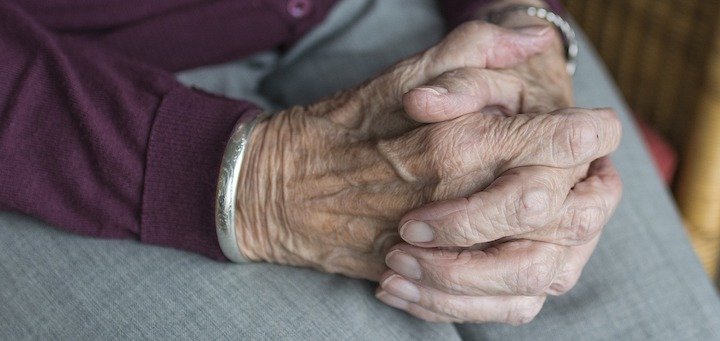
Total revenue spending on services by all English local authorities is budgeted to rise 3.4% in 2019/20, with spending on children’s social care set to rise by more than 6%.
The figures, based on council budget returns submitted to the Ministry of Housing, Communities and Local Government, shows expenditure on services budgeted to rise from £92.6bn last year to £96.2bn this year.
Adult social care is set to see a rise by 4.1% to £16.8bn, with children’s social care spending set to rise by £535m to £9.1bn.
Commenting on the figures, Joanne Pitt, local government policy manager, CIPFA, said: “Many councils are grappling with huge pressures in demand for services.
“The increase in expenditure appears reflective of the higher cost of service provision as a result of this demand.”
Despite the rise in cash terms, the percentage of revenue budgets made up from children’s and adults’ social services will remain steady – rising only slightly from 26.7% to 26.9%.
A County Councils Network spokesman said: “The County Councils Network’s recent research with independent analysis from PricewaterhouseCoopers reveals that demand and costs of delivering services will increase exponentially over the next six years, with all local authorities facing a funding black hole £51.8bn over that time-frame.
“Therefore, it is unsurprising councils are budgeting to spend more on services next year due to these pressures, especially in adult and children’s social care.”
The revenue figures follows the news, reported by Room 151 last week, that in 2018/19 councils underspent on adult social care budgets by £98m on a total budget of £14.9bn – following a break-even the previous year and overspends during the three years preceding.
However, the Association of Directors of Adult Social Services said the aggregate outturn figures masked the fact that 57 councils overspent against their budgets in 2018/19.
The proportion of councils financing overspends on adult social care by drawing on reserves grew from 1% in 2017/18 to 4% in 2018/19.
Other areas of budgeted growth in the 2019/20 returns were police services – up 6.7% to £12.1bn, and highways and transport – up by 14.4% compared to the 2018/19 budget.
The figures also revealed that income from central government is budgeted to fund less than half of council revenue spending on services for the first time in 2019/20.
In 2018/19, councils predicted that 50% of service spending would be funded from government grants and other centrally distributed income.
That figure is predicted to drop to 49.4% in 2019/20, a long way down on the figure of 75.9% in 2010/11.
Metropolitan Districts’ total budgeted revenue expenditure for 2019-20 is 1.8% higher than in 2018-19.
The Greater London Authority have budgeted a £903m (15.4%) increase in revenue expenditure to £6.8bn in 2019-20, of which more than two thirds is due to an increase in net current expenditure on transport.
Revenue expenditure per head, based on 2017 population estimates, is budgeted to increase by 2.8%, from £1,725 in 2018-19 to £1,783 in 2019-20.
Last month, council capital budget returns showed that housing will this year displace highways and transport as the largest area of capital spending – following the lifting of the housing revenue account borrowing cap.
The figures showed English councils are predicting an overall 13% rise in capital spending in 2019/20 (to £28.0bn) compared to last year (£24.7bn).












